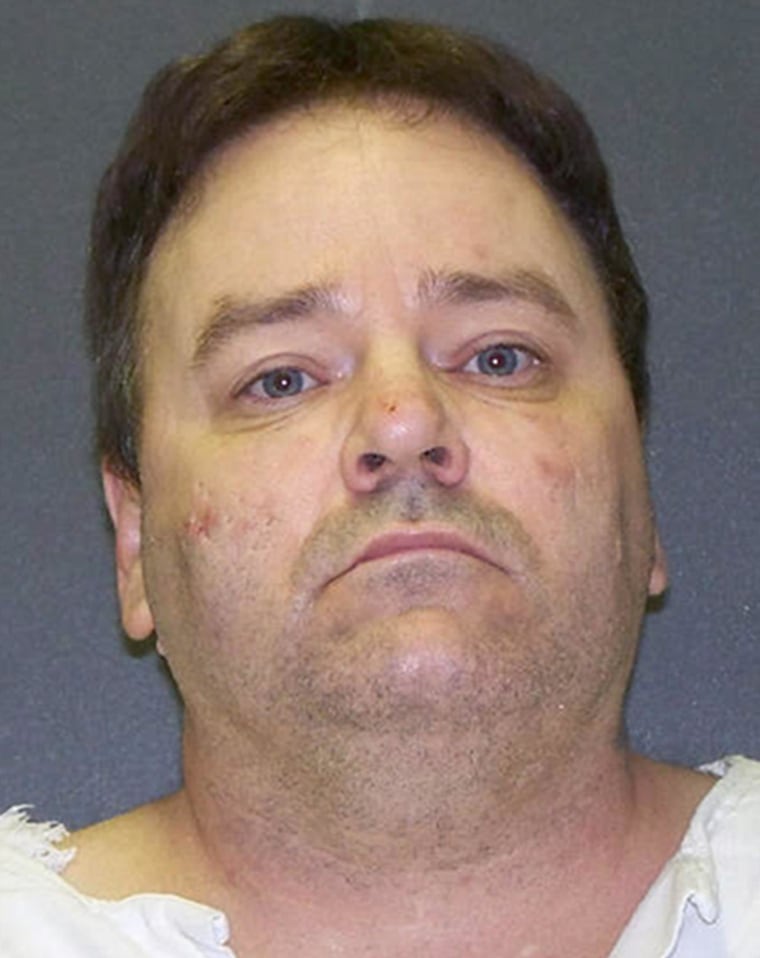A Texas judge has ordered state prison officials to disclose to inmates where they bought their latest batch of lethal-injection drugs.
The ruling came at an emergency hearing Thursday on a lawsuit filed by two condemned inmates, child killer Tommy Lynn Sells and rapist-murderer Ramiro Hernandez Llanas, who are scheduled for execution next month.
The Texas Attorney General's office said it would appeal, although the prisoners' lawyer said state law would not allow one.
"The ruling signals - as other courts have done recently — that it is unacceptable to keep prisoners or the public in the dark regarding how executions are carried out — including the source of the drugs," said lawyer Maurie Levin, who represented the prisoners in court.
"The condemned must have clear information about the drugs to be used, so that the courts can make an accurate assessment of the viability and constitutionality of any impending execution."
Levin said the details about where Texas' pentobarbital came from would be released under protective order to the inmates' lawyers. Whether they should also be disclosed to the general public will be decided at a later date.
Texas' attorney general ruled in 2011 that the Department of Criminal Justice must release the suppliers' names, and a court forced the agency to comply. Prison officials plan to file a brief by Tuesday — the eve of Sells' execution date — asking the attorney general to revise that ruling.
Hours after the action in Texas, a federal appeals court in Louisiana upheld a judge's earlier order that similar information be provided to death-row inmates in that state.
And on Wednesday, an Oklahoma judge ruled that state's law protecting the anonymity of the drug suppliers is unconstitutional — which could put executions there on hold for the immediate future.
A number of death-penalty states are fighting to keep the names of their drug suppliers under wraps to protect them from legal hassles and protests.
Because manufacturers have refused to provide the drugs for executions on moral grounds, prisons have turned to less-regulated compounding pharmacies to make the concoctions for them.
Defense lawyers say they have to know the names of the pharmacies so they can investigate whether the chemicals they provide would violate the constitutional protection against cruel and unusual punishment.
But several pharmacies that became part of the public record have dropped out of the execution business, exacerbating the shortage.
Some states have been forced to come up with new cocktails to execute prisoners, and those are under legal challenge, as well. Executions in Ohio are on hold after an inmate given a new formula took 25 minutes to die and appeared to be in distress.
— Tracy Connor
